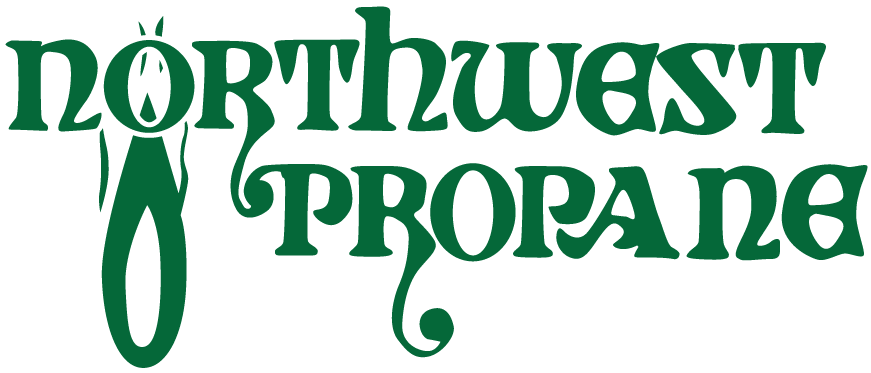Propane 101
What is Propane?
Propane (LPG - liquefied petroleum gas or LP gas) is a liquid fuel stored under pressure. In most systems, propane is vaporized to a gas before it leaves the tank. In its natural form, propane is colorless and odorless. To make propane easier to detect in the event of a leak or spill, manufacturers add a chemical compound to give it a distinctive smell. Propane is flammable when mixed with air and presents with a ignition source, such as open flames, electrical spark, or smoking materials. Northwest Propane in Lynden, WA, is here to help you with any malfunctions or problems you run into with your propane.
Propane is non-toxic and very environmentally friendly. It is not considered a greenhouse gas and does not harm freshwater/saltwater ecosystems, soils, or drinking water supplies. Propane is listed as an approved clean fuel by the United States Government energy officials.
Where Does it Come From?
Propane is a by-product of crude oil and can also be extracted from natural gas. Northwest Propane acquires propane from local refineries and rail cars through tanker trucks in the pacific northwest. It is then stored in various bulk tanks around the region before being delivered to your home.
What Should I Do if I Smell Gas or Suspect a Gas Leak?
- No Flames or Sparks! Immediately put out all smoking materials and other open flames. Do not operate lights, appliances, telephones, or cell phones. Flames or sparks from these sources can trigger an explosion or fire.
- Leave the Area Immediately! Get everyone out of the building or area where you suspect gas is leaking.
- Shut off the gas at the tank. Turn off your propane tank's main gas supply valve if it is safe. To close the valve, turn it to the right (clockwise).
- Report the Leak. Once you are safely away from the gas leak, call Northwest Propane immediately. Call 911 or your local fire department if you cannot reach us.
- Refrain from returning to the building or area. Stay away until Northwest Propane or your local emergency responder has determined the site is safe!
- Get your Propane System Checked. Before you attempt to use any of your propane appliances, your propane retailer or a qualified professional must check your system.
Have more questions about propane tanks and the hazards that surround them? Call 360-354-4471 today and we’d be happy to help.
Lynden: 360-354-4471
Mt. Vernon: 360-424-4471
Serving Whatcom, Skagit and Snohomish Counties from Arlington, Lynden, Blaine, Sumas, Everett, and Sedro-Woolley.
8450 Depot Rd
Lynden, Washington 98264
Mon - Fri: 8 AM–4:30 PM
Sat - Sun: Closed
24-hour emergency




